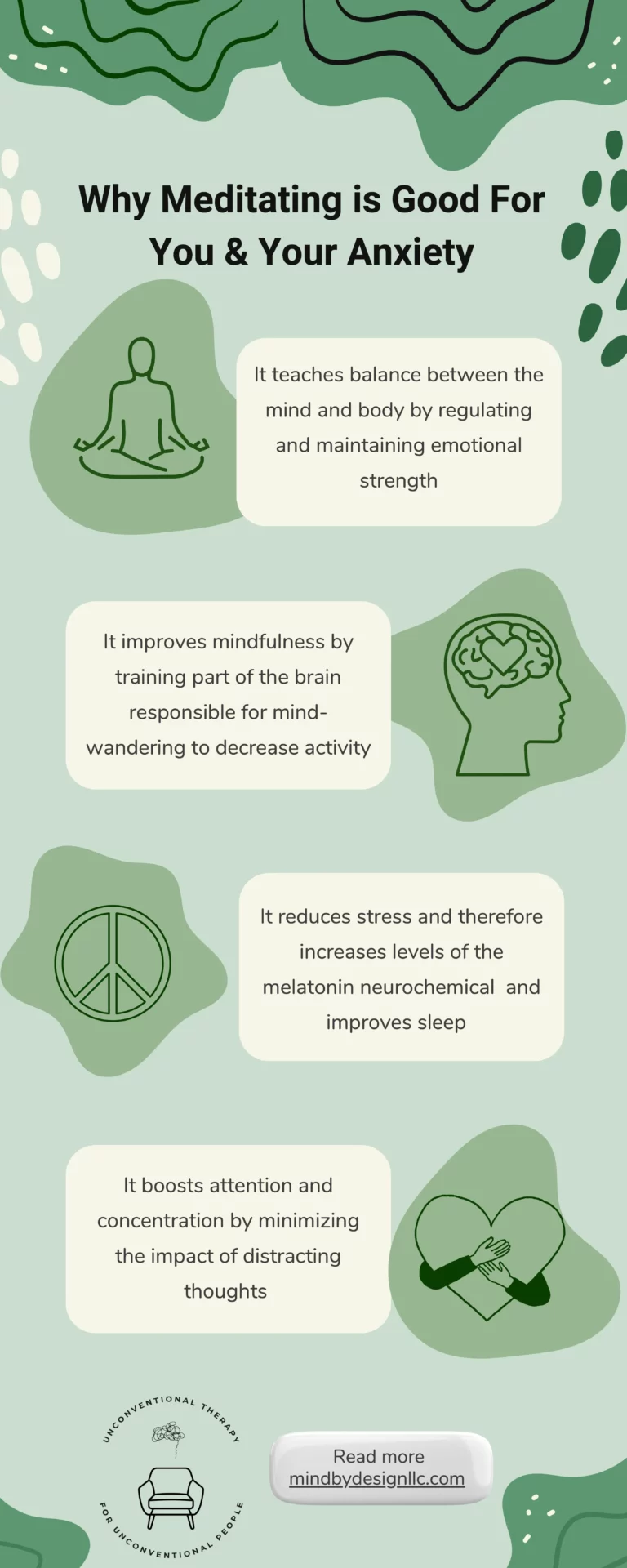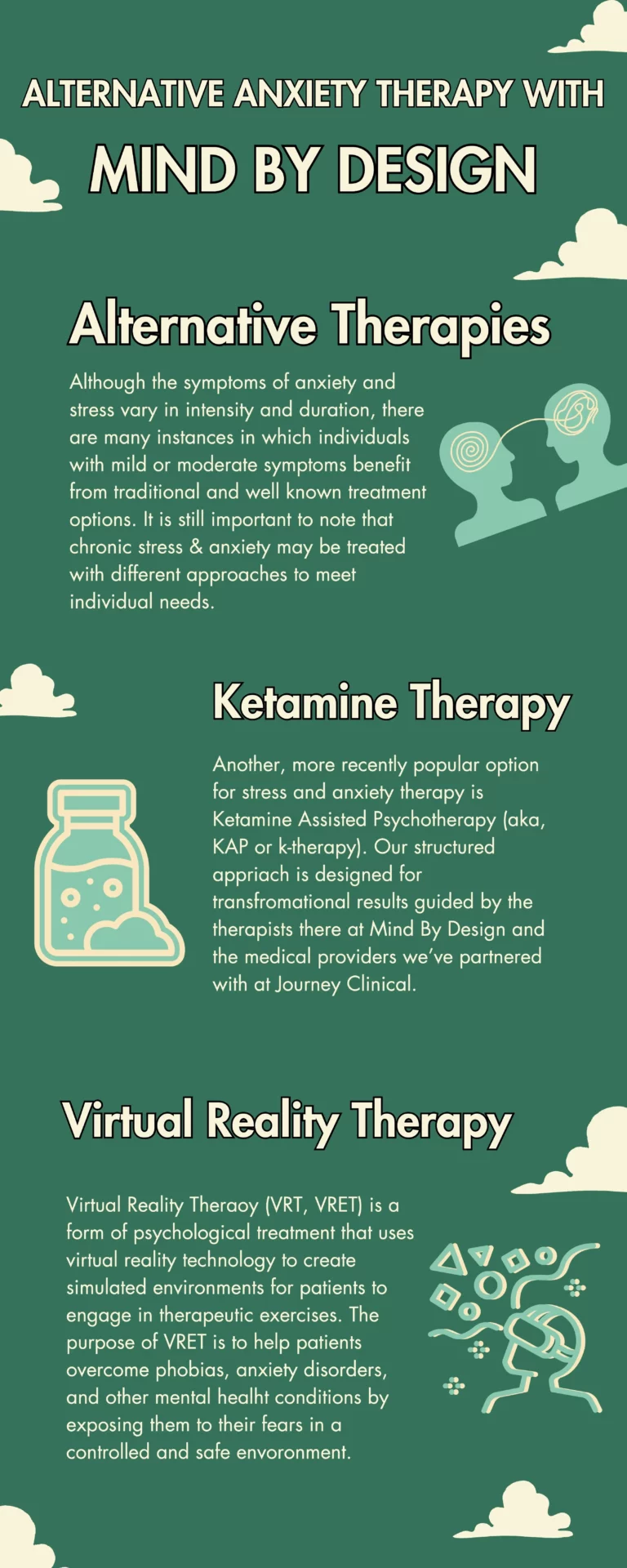Quitting Drinking:
Timeline from Day 1 to Year 1
Leave Your Info
Follow Us on Social 😊🧠
Types of Therapy at Mbd
If you’re thinking about quitting drinking but are unsure what to expect, how to prepare or where to start, this blog may help serve as a blueprint to a healthier life. Whether you’re considering quitting or have already started your path to sobriety, understanding the timeline of changes, medical considerations and benefits can be incredibly motivating. This blog will guide you through what to expect from day 1 to one year after you quit drinking, covering the physical, mental, and emotional transformations along the way.
Medical Considerations & Safety
for Alcohol Addiction
Before getting into the timeline, it’s crucial to address the medical considerations and safety measures for those with alcohol addiction. Quitting alcohol, especially for heavy drinkers, can lead to withdrawal symptoms that require medical oversight. Consulting with healthcare professionals and possibly finding a medical detox program is an essential first step. They can provide the necessary support and treatment to ensure a safe and effective transition to sobriety.
Quitting Drinking Safely:
Withdrawal & Medical Oversight
Withdrawal symptoms can range from mild to severe and may include anxiety, tremors, nausea, insomnia, and in severe cases, seizures or delirium tremens. Due to these potential risks, medical oversight is crucial, especially for those with a heavy drinking history. Medical professionals can provide medications, therapy, and support to safely manage withdrawal symptoms.
Need Help?
For mental or substance use disorders, call 988, or call SAMHSA at 1-800-662-HELP (4357) or TTY: 1-800-487-4889, or text your zip code to 435748 (HELP4U), or use the FindTreatment.gov to get help.
Quitting Drinking Timeline
After One Day
The first 24 hours after you stop drinking might be challenging, but they mark the beginning of your healing journey. Initially, you may experience withdrawal symptoms such as anxiety, headaches, or nausea. However, your body immediately begins to adjust to the absence of alcohol, starting the detoxification process and allowing your organs to start recovering.
After One Week
After one week of no alcohol, many individuals notice a change in their sleep patterns and mood. While some may experience continued withdrawal symptoms, others begin to feel a newfound sense of clarity and energy. Your body continues to rid itself of toxins, and you might start noticing improvements in hydration and skin health.
After One Month
One month into sobriety, significant changes become more apparent. Many report better sleep quality, increased energy levels, and more stable moods. Your liver function begins to improve, reducing the risk of liver disease. Additionally, you might notice weight changes as your appetite normalizes and your body no longer processes empty alcohol calories.
After six Months
Half a year without alcohol brings profound changes. The risk of certain cancers decreases, and liver enzymes continue to normalize, indicating improved liver health. Cognitive functions such as memory and attention may significantly improve, along with continued mental health benefits. This period often marks a time of emotional growth and stability as well.
After One Year
Reaching one year of sobriety is a monumental achievement. By this point, your body has undergone incredible transformations. The risk of heart disease is notably lower, and liver fat decreases, reducing the risk of liver inflammation and cirrhosis. Many also experience substantial improvements in mental health, relationships, and overall quality of life.
Mental Health Benefits
of Quitting Drinking
Quitting drinking has positive impacts on mental and physical health. Many experience reduced anxiety, depression, and mood swings, along with increased emotional stability and resilience.
It’s normal for some people to face mental health challenges upon quitting drinking. especially early on, as they cope with withdrawal symptoms and the process of emotional healing. Support from healthcare professionals, therapists, and support groups can be invaluable during this time.
Quitting Drinking Helps with Sleep Habits
One of the first benefits people often notice when they stop drinking is improved sleep. Although there might be initial disruptions, over time, sleep becomes more restful and rejuvenating. This is because alcohol disrupts the sleep cycle and prevents deep, restorative sleep.
Cognitive Changes
Sobriety leads to clearer thinking and improved cognitive functions. Memory, attention, and problem-solving skills often improve, making daily tasks easier and increasing productivity. This mental clarity is one of the most rewarding aspects of quitting drinking.
Emotional Benefit: Mood Boost
Mood improvements are a significant benefit of quitting drinking. As the body and mind adjust to sobriety, many experience reduced anxiety, depression, and irritability. This positive shift is often accompanied by an increased sense of overall happiness and contentment.
Relationship Changes
Sobriety can significantly impact relationships. As you become more present and stable, your relationships may improve. However, this journey can also reveal which relationships are supportive and which are centered around drinking. Embracing sobriety often leads to deeper, more meaningful connections.
Need Help?
For mental or substance use disorders, call 988, or call SAMHSA at 1-800-662-HELP (4357) or TTY: 1-800-487-4889, or text your zip code to 435748 (HELP4U), or use the FindTreatment.gov to get help.
How to get Help & feel the benefits of quitting drinking
If you’re looking for substance abuse counseling or support for alcohol use, our substance abuse specialists are here for you. With individual therapy based in research, efficacy and compassion, we provide comprehensive, progressive mental health care to clients in New Jersey.
If you need medical support or oversight, going to a medical detox program can provide a safe environment for managing withdrawal symptoms. Organizations like Alcoholics Anonymous and SMART Recovery offer community support. Additionally, therapists specializing in addiction can provide personalized guidance and support.
Leave Your Info
FAQ's About Therapy in New Jersey
How do I get started as a new client?
New Clients can reach out to us directly via call, text or email here:
What is your cancellation policy?
We ask that clients provide at least 24 hours notice in the event that they need to cancel to avoid the 50% cancellation fee. we understand that life happens and do our best to be flexible & reschedule.
Does my insurance cover my visits?
We provide”Courtesy Billing” for clients who are using the Out-of-network insurance benefits.
Our Insurance Page shares a small blurb about Why We Left Insurance Panels
Do you offer traditional talk therapy?
of course! though we have some unconventional therapy approaches, we are rooted in evidenced based practices. Talk therapy is a major player in the therapy room! See What we Treat and Integrative Services for more information
Is Online Therapy As Effective As In-Person Therapy?
Online therapy is essentially face-to-face counseling, just conducted remotely. Studies show that teletherapy is as effective as traditional counseling. Professional organizations and state governments recognize its benefits and have set regulations for it. However, like any therapy, its success in achieving your goals isn’t guaranteed. It’s important to discuss with your therapist whether teletherapy is working for you.
Can I Change Therapists If I'm Not Happy?
Yes, you can switch therapists to another provider within the practice, or we can provide you a referral if preferred. We want to ensure that your time and effort are well spent, and that you are getting the relief you need, that’s why we work collaboratively with each other in the practice, as well as outside therapists who we know and trust.
How Do I Know If Therapy Is Helping?
You should feel like you’re making progress. Signs it’s working include:
Feeling comfortable talking to your therapist
Your therapist respects boundaries
You’re moving towards your goals
You feel listened to
You’re doing better in life
Your self-esteem is getting better
Is Online Therapy Easy to Use for Non-Tech-Savvy People?
Yes, it’s pretty simple to access sessions. You’ll need basic internet skills, such as opening and visiting the patient link sent to you via email. It’s similar to video chatting like Facetime or Zoom. We can also walk you through it on the phone the first time to ensure a strong connection
What Questions Should I Ask My New Therapist?
Feel free to ask anything. Some good questions are:
- How often will we meet?
- What do you specialize in?
- What experience do you have with my issue?
- What outcomes can I expect?
- How will I know I’m progressing?
- How long do you usually work with clients?
- How will we set my treatment goals?
How Should I Prepare for My First Session?
Showing up is all that you need to do! But if you really want to get the most out of session, it could help to take some time to think about what you want from therapy. It helps to write down your goals, questions you have or things that you feel are important to share.
What is the difference between associate therapists & fully licensed therapists?
Our Qualifications:
Our founder, Rebecca Sidoti, is a highly qualified, state-licensed therapist and supervisor with extensive training in anxiety related disorders and innovative treatment such as Ketamine Therapy. Mind by Design Counseling adheres to standards set by the our governing counseling boards.
To see each providers credentials, training and licenses, visit our “Meet the Therapists” Page to learn more.
- LAC/LSW are therapists who may practice clinical work under the supervision of a fully licensed therapist.
- LPC/LCSW are therapists who have completed the necessary clinical hours post-graduation under supervision and can practice clinical work independently.
What Geographic Areas Are Served?
Currently, we serve clients in New Jersey and are expanding to other states as telehealth laws evolve. While telehealth offers the convenience of attending sessions from anywhere, state laws require clients to be in-state during their session.
Is Virtual Counseling Suitable for Everyone?
Online therapy might not be as effective for individuals with chronic suicidal thoughts, severe trauma, significant mental health history, or those recently in intensive care. Such cases often benefit more from traditional, in-person counseling. We’ll help you decide if our online services are right for you during your intake and evaluation.
What Equipment is Needed for Online Therapy?
To join a session, log in using the credentials we provide. No downloads are needed. Our platform, compatible with both individual and group sessions, requires:
A computer or mobile device with a webcam and internet access.
We’ll help you test your setup before your first appointment to ensure a reliable connection. iOS users should use the Safari browser for mobile and tablet sessions.
What Questions Will Therapists Ask Me?
It depends on your goals. Expect questions about your thoughts, feelings, relationships, work, school, and health. They’ll ask to understand your therapy goals.
How Do You Keep Client Information Secure?
Security and Confidentiality of Sessions:
Your privacy is crucial to us. We use TherapyNotes, a HIPAA-compliant platform, ensuring secure and confidential teletherapy sessions. This platform’s security features include encrypted video connections, secure data transfers, and encrypted databases, ensuring your information is safe at all times.
What is VRT used for?
we use VRT to support Exposure Therapy, a long standing traditional therapy modality to treat phobias, anxiety and stress. we send a headset directly to your home so you can access VRT from anywhere.
VRT not only helps with exposure therapy for phobias, but is great for ADHD, mindfulness, PTSD and social anxiety.





